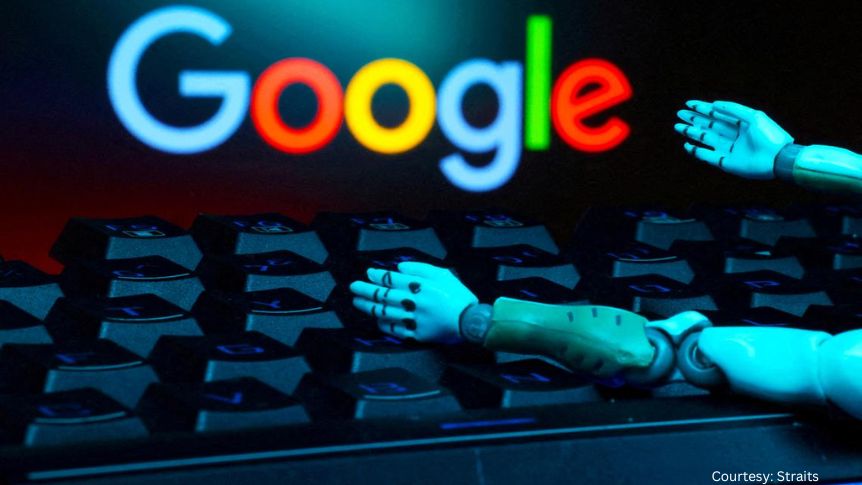ISLAMABAD – June 18, 2025 – In a sign of changing media habits, an increasing number of young Pakistanis are turning to AI-powered bots such as ChatGPT and other generative tools for news updates, raising both excitement over innovation and concerns about accuracy and media literacy.
The shift reflects a broader global trend, as Gen Z and millennials increasingly seek instant, personalized, and interactive content—something traditional newsrooms often struggle to provide at scale.
From News Anchors to Chatbots
Instead of tuning into primetime bulletins or browsing news websites, digital-savvy Pakistani youth are now asking AI bots questions like “What’s happening in Gaza?” or “Who is leading in the Indian elections?” The convenience and speed of AI-generated summaries are appealing to younger audiences navigating fast-paced information environments.
“AI is like a friend that updates you on everything in seconds,” said Sarah Qureshi, a 22-year-old student from Lahore. “I use it daily instead of scrolling through Twitter or news apps.”
Accuracy in Question
Despite the appeal, concerns loom large. Global studies have shown that nearly 90% of AI-generated news responses contain factual errors, and over 50% of those errors are significant or misleading. This raises red flags for countries like Pakistan, where AI literacy remains low.
Digital rights activists in Pakistan warn that unverified AI content could contribute to misinformation, especially during political events or national crises. “Without editorial oversight, these bots can mislead users with outdated, incomplete, or even fabricated details,” cautioned Saad Ahmed, a media researcher in Islamabad.
AI Adoption in Pakistan: Still Nascent
According to recent estimates, only 3–4% of Pakistanis are aware of generative AI technologies, and even fewer use them regularly. However, this adoption rate is significantly higher among urban youth, especially university students and freelancers in Karachi, Lahore, and Islamabad.
Efforts by initiatives like PIAIC (Presidential Initiative for Artificial Intelligence and Computing) are beginning to bridge this knowledge gap by offering specialized training in AI, blockchain, and data science. But experts say Pakistan still lacks a unified national strategy for AI integration in media and education.
The Role of Journalism
Pakistani journalists and newsrooms are now faced with the challenge of adapting to the AI era. While some outlets are experimenting with AI-assisted writing and automated summaries, the lack of localized datasets and AI-trained journalists remains a hurdle.
“There’s potential, but we must tread carefully,” said Nida Hassan, an editor at a major digital publication. “AI can assist, but it cannot replace human judgment, context, or ethical responsibility in reporting.”
Moving Forward
Media literacy experts emphasize the need for young people to:
-
Cross-check information from AI bots with credible news sources.
-
Understand limitations of generative tools, which do not always cite their sources.
-
Promote digital responsibility, especially when sharing AI-generated content.
As AI continues to reshape information access, the key lies in balancing innovation with integrity — and ensuring that the truth doesn’t get lost in translation.
All rights reserved to PakTribune.


